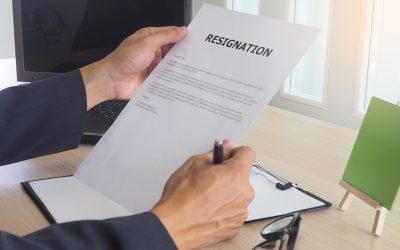This time of year fun in the workplace is a lot more likely, as things tend to wind down and Christmas parties, secret santas and festive activities are taking place. However, all year round workplace fun is becoming increasingly important in the modern day organisation.
According to a study by BrightHR and leading psychologist Professor Sir Cary Cooper more fun at work could lead to better motivation and productivity and less absenteeism. Well, this is the case for the younger generation at least. Those who were born from the early 1980s to early 2000 make up 75% of the UK workforce and these are the set of workers who value ‘playtime’ at work the most. Probably down to different working values and different workplace responsibilities the older generations don’t rank fun at work as highly.
When we talk about fun we mean anything from encouraging more downtime, to organised activities or canteens with Xboxes and pool tables. Fun activities and ideas ranged from birthday celebrations, massages, lottery syndicates, charity fundraising, karaoke, yoga, fancy dress or dress down days, board games, knitting clubs, nights out and even an office pet! Now there are different levels and aspects to this, as we see from around the world; a Guy Martin program from China saw a morning ritual of a group dancing session in the workplace to try and loosen employees up before the start of the day. A little extreme perhaps? Some US firms have entire job roles or even departments dedicated to workplace fun, with ‘Chief Fun Officer’ being a real job title and an American bank having a ‘Wow’ department with the aim of regularly surprising and entertaining workers. However, as soon as fun becomes part of a corporate strategy, can it any longer be classed as fun?
The most important aspect of getting fun in the workplace right is to communicate well with your employees. Once the activities or procedures are working and in place, trust is the key. As an employer I’m sure you’d be happy to organise a massage day or something similar if you knew employees would enjoy and benefit from the experience, resulting in better motivation, productivity and even loyalty. Perhaps installing a slide in the office is going to attract some enthusiastic young graduates, but whether it will improve productivity and loyalty is another thing.
One reason that it’s the younger generation who are keen for a little more enjoyment at work is because they have to work longer hours, wait longer for retirement and potentially have less financial security than they would have had a generation ago, so enjoying work and benefiting from fun extras helps them to see a little more return on their investment.
The real issue could in fact be that people simply want to enjoy their experience in the workplace more, not to have set ‘fun days’, but to simply be happier and more content day to day.











